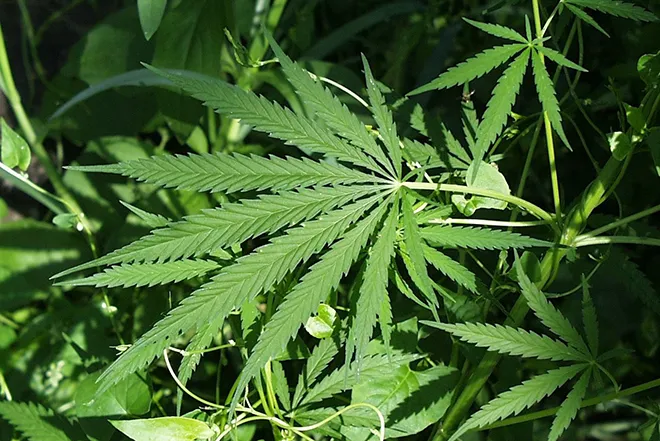
EarthTalk - Is climate change decimating the U.S. cranberry industry?
©
Dear EarthTalk:
Is climate change decimating the U.S. cranberry industry?
D.K., Chico, CA
Cranberries are a vital crop in the U.S., deeply intertwined with the nation’s agricultural economy and cultural identity. Grown predominantly in Massachusetts, New Jersey and Wisconsin, cranberries contribute significantly to regional economies. However, the industry now faces growing challenges due to climate change, threatening its sustainability and economic viability.
Cranberry farming relies on precise environmental conditions, so it is especially vulnerable to climate change. Rising temperatures disrupt the delicate timing of cranberry flowering and fruiting cycles. According to a study in PLOS Climate, this affects crop yields and overall quality. Precipitation patterns have also become unpredictable. Cranberries need controlled water levels, but climate change has brought frequent droughts and floods, both which stress the crops. According to Yale Climate Connections, these extremes have left farmers grappling with inconsistent harvests. Warmer climates are also fostering ideal conditions for pests and diseases that harm the plants, exacerbating the challenges faced by growers.

Deep Dish Apple Cranberry Pie - USDA
The effects of climate change on cranberry production vary by region, but the challenges are universal. In Massachusetts, unpredictable weather patterns have slashed yields and driven up production costs. Farmers often face additional expenses to manage water resources and protect crops from extreme weather events. Wisconsin, a leading cranberry-producing state, has seen erratic spring temperatures disrupting the growth cycles of its crops. Meanwhile, New Jersey cranberry farms are contending with coastal flooding and rising soil salinity, which are direct consequences of climate change in the region.
Despite these mounting challenges, farmers are fighting back. Artificial Intelligence (AI) is emerging as a powerful tool, helping farmers make informed decisions. According to CNBC, farmers are using AI to monitor and predict weather patterns, optimize irrigation and manage pest outbreaks. Sustainable farming practices are also gaining traction, from water-efficient irrigation systems to crop rotation methods that preserve soil health. Also, collaboration with scientists has become crucial. Researchers are working to breed more resilient cranberry varieties that can withstand the changing climate.
While the challenges facing cranberry farmers are formidable, the resilience and innovation within the industry provide a glimmer of hope. From cutting-edge technology to sustainable practices and scientific research, efforts are underway to ensure the longevity of this vital crop. As climate change continues to pose threats, the cranberry industry stands as a testament to the adaptability and determination of farmers and researchers committed to preserving an essential piece of American agriculture and culture.
CONTACTS
- The enduring nature of cranberry production in a changing climate, https://journals.plos.org/climate/article?id=10.1371/journal.pclm.0000350.
EarthTalk® is produced by Roddy Scheer & Doug Moss for the 501(c)3 nonprofit EarthTalk. See more athttps://emagazine.com. To donate, visit https://earthtalk.org. Send questions to: question@earthtalk.org.
















